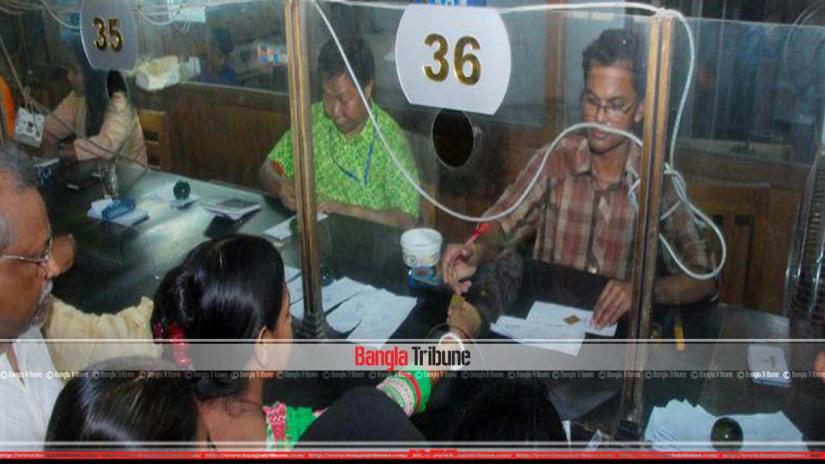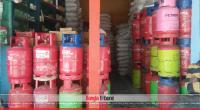 For about one and a half years, the loan flow of the private sector recorded a downward trend with the lowest in 57 months last April. At this time, loan flow in the private sector banks was 12.7 percent. Bangladesh Bank report states that last May, loan growth in the private sector was 12.16 percent.
For about one and a half years, the loan flow of the private sector recorded a downward trend with the lowest in 57 months last April. At this time, loan flow in the private sector banks was 12.7 percent. Bangladesh Bank report states that last May, loan growth in the private sector was 12.16 percent.
But bank officials feel that loans cannot be disbursed as per demand. They are saying that on one hand, banks cannot hand out loans due to insufficient deposit and on the other; there is pressure to bring down loan deposit ratio.
As percentral bank information, the total distributed loan by banks at the end of May was Tk 10.92 trillion. This was Tk 8.92 trillion in 2018. So, loan has risen in the private sector by Tk 1.09 trillion in the last one year.
Central bank sources are saying that despite increasing interest rate, banks are not getting deposits. In the first three months of the year, deposit rose by only Tk 10.17 billion.
However, during this time, sales of savings bonds rose to Tk 150 billion. Though currently, there are restrictions on the sales of savings bonds.
Banks under central bank guideline can give Tk 83.50 as loan against a deposit of Tk 100 while Islamic banks can give up to Tk 89.
But some banks are giving the whole amount as loan.
Senior resource fellow for Centre for Policy Dialogue, Toufiqul Islam, said: “Loan flow has to be increased in the private sector but before that the banks must get enough deposit.”
Without loans, investment won’t happen, he observed.
It’s found that apart from state owned banks, others do not have enough money to invest; some banks are collecting deposits with 12 to 14 percent interest. Some are collecting deposit with promises of doubling the money in five years.
Former adviser to the caretaker government, A B Mirza Azizul Islam, commented: “Since people have lost trust in banks and there is a difference in interest rates between savings bonds and bank interest rates, deposits are not coming.”
People’s trust has to be restored in banks, he added.
 Business
Business
41333 hour(s) 19 minute(s) ago ;
Midnight 12:13 ; Saturday ; Jul 05, 2025
Banks starved of deposits; struggling to give loans
Send
Golam Mowla
Published : 07:30, Jul 08, 2019 | Updated : 07:30, Jul 08, 2019
Published : 07:30, Jul 08, 2019 | Updated : 07:30, Jul 08, 2019
0 ...0 ...
/tf/
Topics: Top Stories
- KOICA donates medical supplies to BSMMU
- 5 more flights to take back British nationals to London
- Covid19: Rajarbagh, Mohammadpur worst affected
- Momen joins UN solidarity song over COVID-19 combat
- Covid-19: OIC to hold special meeting
- WFP begins food distribution in Cox’s Bazar
- WFP begins food distribution in Cox’s Bazar
- 290 return home to Australia
- Third charter flight for US citizens to return home
- Dhaka proposes to postpone D8 Summit
Unauthorized use of news, image, information, etc published by Bangla Tribune is punishable by copyright law. Appropriate legal steps will be taken by the management against any person or body that infringes those laws.
Bangla Tribune is one of the most revered online newspapers in Bangladesh, due to its reputation of neutral coverage and incisive analysis.
F R Tower, 8/C Panthapath, Shukrabad, Dhaka-1207 | Phone: 58151324; 58151326, Fax: 58151329 | Mob: 01730794527, 01730794528






